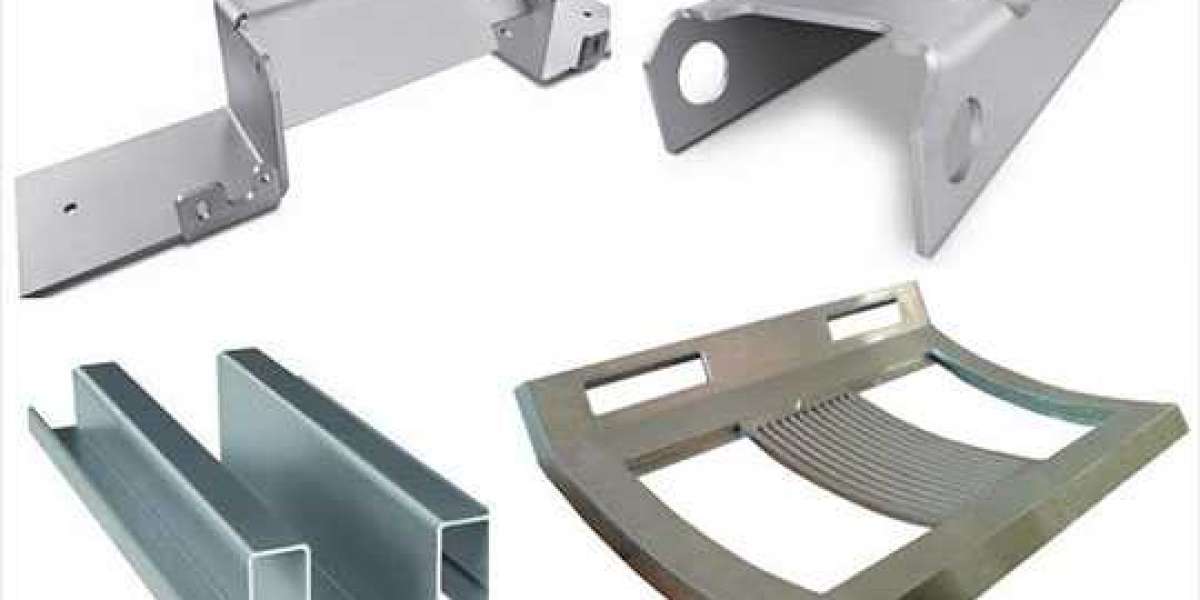Aluminum is one of the most popular materials in the sheet metal fabrication process because of its great properties such as lightweight and corrosion resistance, as well as cost-effectiveness and diversity in grades. Aluminum sheet metal fabrication is a process of shaping a piece of aluminum sheet material to create the desired part or product, it involves material removal or deformation. Common sheet metal fabrication processes include cutting, welding, forming, bending, joining, etc. The selection of the process is depending on the particular requirements of the application.
Common Aluminum Grades and Their Applications
Aluminum 6061 (T6)
- Primary choice for aviation applications
- Heat-treated structural properties
- Common in boat components
- Frequently used in bicycle frames
- Popular in automotive parts
Aluminum 5052 (H32)
- Superior strength compared to 6061
- Excellent weldability
- Outstanding corrosion resistance
- Ideal for tank construction
- Perfect for chassis fabrication
Aluminum 1100 (H14)
- Highest ductility for welding
- Exceptional deep drawing capabilities
- Superior chemical resistance
- Excellent weather resistance
- Preferred in chemical processing
Aluminum 3003 (H14)
- Stronger than 1100 grade
- Cost-effective option
- High malleability
- Excellent for storage solutions
- Ideal for stamping operations
Key Processing Methods
Sheet metal fabrication of these alloys typically involves:
- Precision cutting
- Complex forming
- Specialized welding
- Custom bending
- Professional joining
Material Benefits
These aluminum grades offer:
- Weight reduction capabilities
- Corrosion resistance
- Cost-effectiveness
- Shape versatility
- Long-term durability
Understanding these different grades helps manufacturers select the optimal material for specific applications, ensuring the final product meets both performance requirements and cost considerations. Whether the project demands high strength, superior formability, or excellent corrosion resistance, there's an aluminum alloy suitable for the task.







